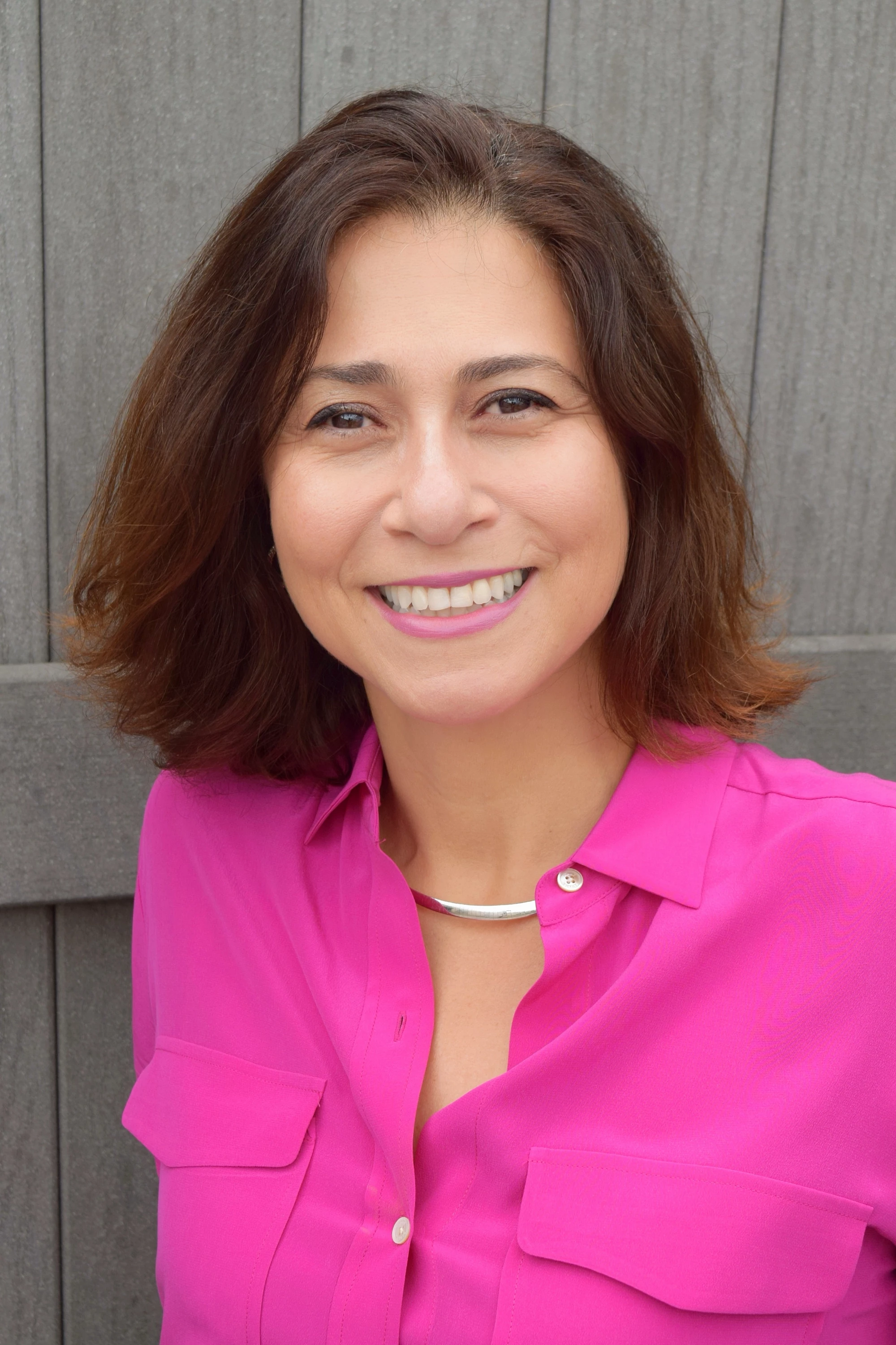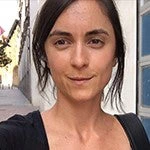A new decade is just around the corner and you may have convinced yourself that this time you will exercise and eat healthy, that you will get rid of those extra pounds. There are no excuses this time, you tell yourself, because 2020 is the time for change.
If you can relate to this New Year’s resolution because it’s not the first time you have promised to change your lifestyle, then don’t worry, you are perfectly human. However silly this might sound, this scenario shows how often we do not behave as we plan to or should. We are social and hedonic beings. We procrastinate and we prefer instant gratification. We do not respond well to too many choices, we’re bad at predicting, we’re overly confident and optimistic, and we do not do what we promise ourselves to do.
It is relevant to understand this because our daily decisions may ultimately contribute to solving or deepening complex global challenges like public health, road safety, tax arrears, and ultimately wealth and well-being. Behavioral science looks into why people choose the way they do and how human behaviors can innovatively tackle development challenges and maximize welfare .
An increasing number of countries have begun to use behavioral sciences to shape public policy since the 2010 launch of the Behavioural Insights Team to improve government policy and services in the United Kingdom. Ten of these countries are profiled in this report by the World Bank’s Mind, Behavior, and Development Unit (eMBeD). However, many more countries are incorporating behavioral science insights into public policy. Brazil is one example. The eMBeD team recently explored the extent of the behavioral science wave there on a visit to Brasília, Recife, and Rio de Janeiro.
We met with organizations working with behavioral sciences at various stages and we came away impressed by the growing interest in the field and an emerging use of behavioral insights in the formulation of Brazilian public policy.
Here are a few standout initiatives in Brazil:
- Since 2017, the National School of Public Administration and its GNova innovation lab have been training public servants and carrying out behavioral sciences initiatives for public policies. GNova has developed its own framework that highlights the most significant elements identified in applied behavioral sciences – Simples Mente – to refine the diagnosis of public policy challenges, evaluate services and programs, come up with innovative solutions, propose new interventions, and enhance existing ones.
- Rio de Janeiro and São Paulo, Brazil’s two largest cities, have pioneered the creation of behavioral science units. NudgeRio has been using behavioral insights to inform public policy through experimentation since 2014 in the collection of property taxes and more recently to nudge parents to help their children be motivated for a national exam, pedestrians to use the crosswalk, and students to use online enrollment system.
- Since 2017, São Paulo has been using its (011).lab to help reduce tax arrears, combat a proliferation of the yellow fever mosquito, increase yellow fever vaccine coverage, and reduce absenteeism at a municipal hospital. Though both NudgeRio and (011).lab are short-staffed, their appetite for behavioral work has only just begun.
- On a national scale, the Ministry of Citizenship has integrated behavioral insights into the design of its Futuro nas Mãos program, which provides financial education to more than 200,000 women beneficiaries of the Bolsa Família conditional cash transfers program with the aim of helping them better manage household finances.
- Recently, the fourth anniversary of the Guide to Behavioral and Experimental Economics (in Portuguese) marked the growing importance of the field in the country context. The publication features chapters, texts, and interviews with the world's leading authors on the subject, including some of the Brazilian pioneer researchers, such as Flávia Ávila, who is the co-organizer of the publication.
- Tel Aviv, Israel-based Kayma Lab is setting up in Brazil to help the federal government with evidence-based policymaking. Kayma was cofounded by Dan Ariely, a Professor of Psychology and Behavioral Economics at Duke University, founder of the Center for Advance Hindsight, producer of the documentary film (Dis)Honesty: The Truth about Lies, and a three-time New York Times bestselling author.
- The Center for Child Well-Being and Development at the University of Zurich is running a randomized evaluation to investigate the effects of mindset interventions to assess a potential increase in the intellectual abilities of Rio teenagers.
The eMBeD team is also playing a relevant part by putting a behavior lens on the Brazilian water sector to solve its problems. With financing from the U.K. Prosperity Fund, we are coming to understand consumer behavior when it comes to defaulting on bill payments and illegal water connections in metropolitan Recife. A diagnostic phase identified behavioral barriers and hassles factors that will inform the design, testing and implementation of behavioral interventions to reduce water loss in the area.
Along with other development organizations such as the Inter-American Development Bank and agencies of the United Nations, eMBeD shares the responsibility and challenges of advocating for the use of behavioral sciences adapted to the local context.
We hope that Brazil will continue to use behavioral insights to convert challenges into opportunities and deliver successful interventions that help people make better decisions – from the choice of healthy lifestyles to child-rearing – and improve social well-being. The sky is the limit for Brazil and its behavioral science agenda is already on a great path to growth.
Are you aware of any other behavioral interventions in public policy in Brazil? Please share them in the comment section below.
Related: Behavioral science in public policy: Future of government?; “Nudge units” – where they came from and what they can do







Join the Conversation